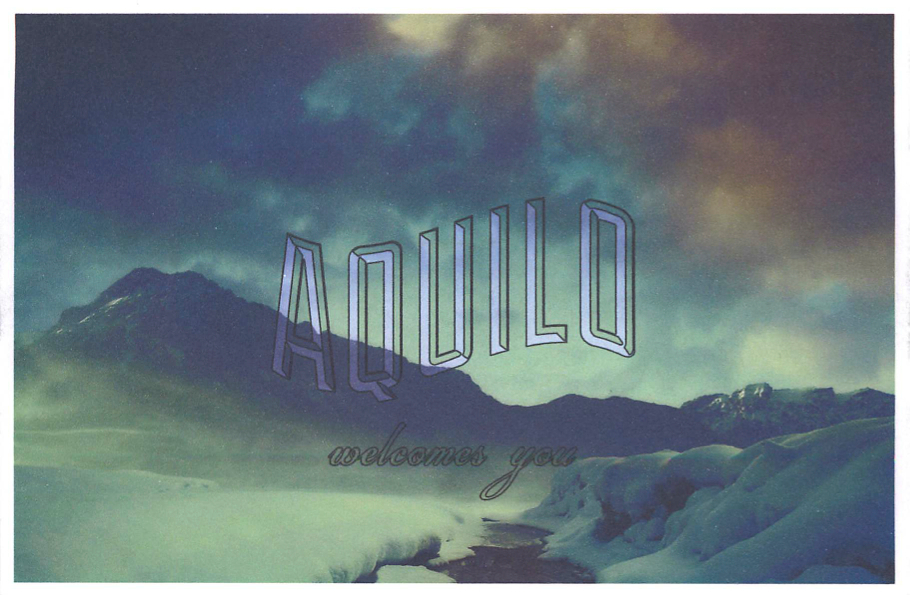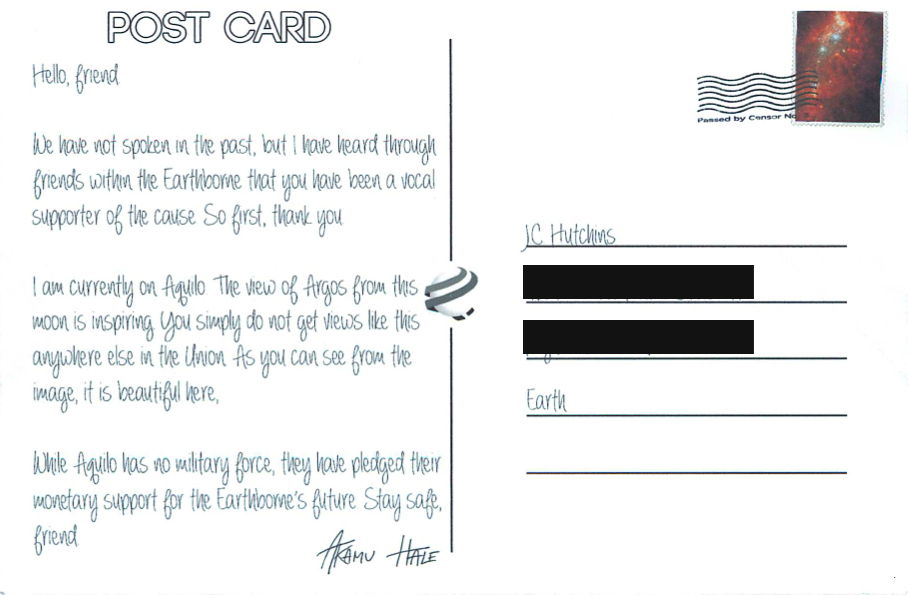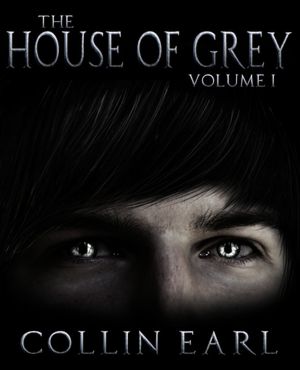This was a big risk, considering the subversive, revenge-minded talk hailing from Wreave, the krogan clan leader with whom I liaised. Ultimately, I had faith that trust and mercy were the best-possible options.
Trust and mercy. My character had come a long way from being the human-centric, ruthless grunt of Mass Effect 1.
There were moments when I could have sabotaged the genophage cure. I didn't. I saw it through. My Shepard lost a dear ally in the process — surely another moment of karmic balance, for victory and closure cannot come without sacrifice.
And as I watched the snowflakes of genophage cure drift down from Tuchanka's dusty sky, I finally let Wrex go. I finally put that bloody business to bed. Those terrible 90 seconds, all those dozens of hours ago.
A FINAL CHOICE
I can't say for certain if Wrex's death, and my relentless, games-long pursuit to right that particular wrong, influenced my final decision in Mass Effect 3 in a meaningful way, but it certainly informed it.
Players of the third game recall the ending's three primary choices:
- Destroy the Reapers, which would also kill all synthetic life forms throughout the galaxy, such as the geth and EDI. Even with the Reapers gone, interstellar peace would not guaranteed. Synthetics and organics might war once more. The krogan could rise up again.
- Control the Reapers, which would kill Shepard, but inject her mind into theirs, ensuring the elimination of the Reaper threat. Even with the Reapers no longer wrecking the galaxy, interstellar peace would not guaranteed. The galactic unity I'd helped create could easily unravel.
- Initiate "Synthesis," in which organic and synthetic life forms would integrate on the cellular level. This would render the Reapers' objective — to prevent organics from extinction, due to an inevitable organic/synthetic war — as obsolete. Due to this galaxy-wide "uplift" in evolution, interstellar peace would be guaranteed.
Shepard's mission, from the beginning of Mass Effect series, was to destroy the Reapers. Considering the galaxy-wide horrors (or meticulously-planned control, depending on your perspective) the Reapers committed every 50,000 years, I was on board with these orders. Kill the fuckers. Kill them all.
And yet at that moment, as my Shepard stood in the heart of the Crucible, panting and bleeding out, my mind reeled from the responsibility and the impossible stakes.
Should I sacrifice millions of innocent synthetic life forms such as the geth for a greater good — the destruction of the Reapers? Trillions of lives would be saved. But I considered the genophage and the unspeakable genocide it wrought for a thousand years, a decision the krogan did not make for themselves. Did I have the right to kill the geth, just as Ashley Williams had killed Wrex on Virmire?
Alternately, should I guarantee a lasting galaxy-wide peace by choosing Synthesis? In one swoop, my decision could end the Reaper threat, and harmonize all sentient life in a way never before seen — a genuine leap forward in evolution. But I considered the "uplifting" of the krogan 2,000 years ago. Did I have the right to make such a sweeping decision for all species ever ... a decision with no take-backs? The krogan hadn't been ready back then. Would the rest of us be now?
And then my mind turned to the genophage cure, and how I'd gone to incredible lengths to ensure its successful creation and release. I had done so because it was the right thing to do. It was just. The decision had not been without risk; the cured krogan might declare vengeance on the galaxy some day, and they'd be within their right to do so.
But I had had faith back then — faith that trust and mercy were the best-possible options. And that was where my mind settled, here, now, in the heart of the Citadel. I had faith it would work out.
My Shepard staggered to the panel that would sacrifice her life, and activate her consciousness' control over the Reapers. Trust and mercy — the two qualities my Shepard didn't have at the beginning of Mass Effect 1 — would be what she shared now. Trust in the galaxy to remain united; mercy for the Reapers.
The ending was wonderful.










